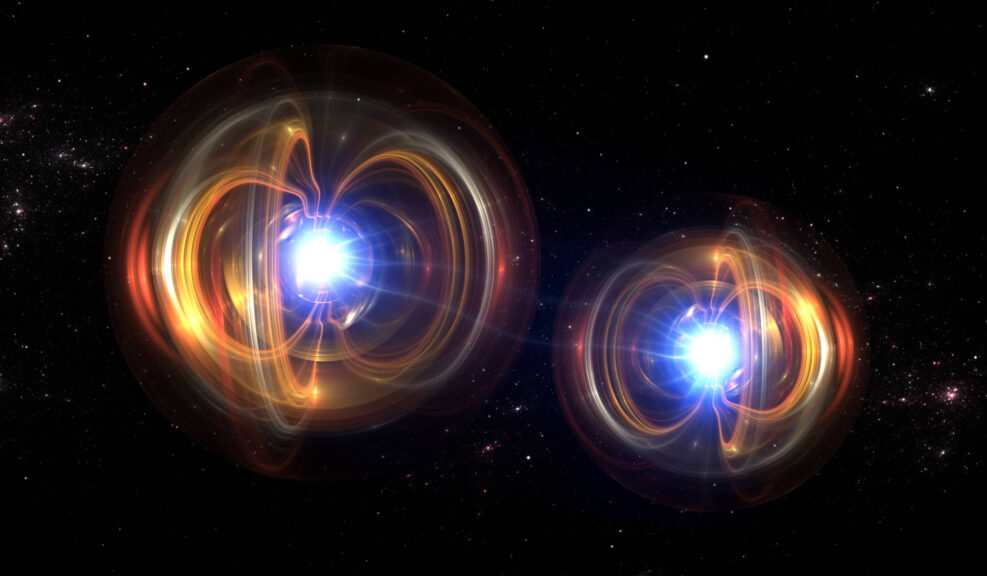
James Webb Space Telescope Shows Big Bang Didn’t Happen? Wait…
The unexpected new data coming back from the telescope are inspiring panic among astronomersThis story was #1 in 2022 at Mind Matters News in terms of reader numbers. As we approach the New Year, we are rerunning the top ten stories of 2022, based on reader interest. In “James Webb Space Telescope shows Big Bang didn’t happen? Wait…”, our News division looked at reports that the unexpected new data coming back from the telescope were inspiring panic among astronomers: Webb was expected to merely confirm the Standard Model of the universe but its images are “surprisingly smooth, surprisingly small and surprisingly old.” (August 13, 2022) Our view at the time: 1) It’s no surprise if the Webb disconfirmed some widely accepted assumptions. New vistas do that. In fact, that’s how we know for Read More ›
















